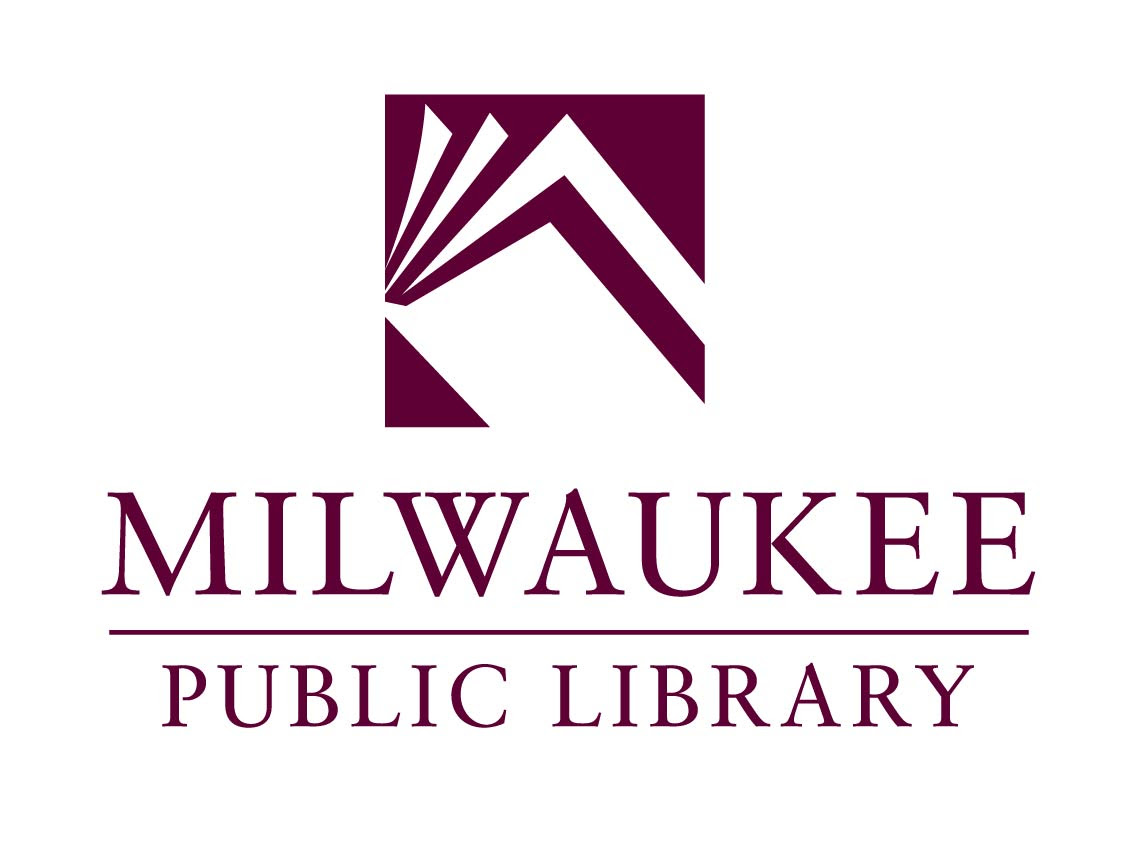Writing / Playing the Archive
Prompt Against Anxiety #11 | from poet Jay Besemer, whose most recent books include Theories of Performance (The Lettered Streets Press, 2020) and The Ways of the Monster (KIN(D) Texts and Projects/The Operating System, 2018)

Lately I've been reading Saidiya Hartman’s Wayward Lives, Beautiful Experiments. In the chapter called "A Note on Method," Hartman describes a process of working that uses archival material in both intimate and rigorous ways. She mentions an active intent to "read across" the official texts and images she encounters in the archives, to disrupt the authoritarian history imposed on Black women's lives at the turn of the 20th century, to reframe their lives and desires, their refusals and rebellions, beyond the violence of the white official bureaucratic machine. On page xiv she writes, "I have crafted a counter-narrative liberated from the judgment and classification that subjected young black women to surveillance, arrest, punishment, and confinement, and offer an account that attends to beautiful experiments [. . .] I prefer to think of this book as the fugitive text of the wayward, and it is marked by the errantry it describes."
Reading this, I felt a combination of deep respect and resonance. There is power in the process of opening history to love, anger, and the imaginary. I remembered the first piece of art my husband Rupert and I created in collaboration, presented above. We were interested in telling a tale of independence focusing on a woman in some photographs we'd found in a junk/antique shop; we decided it was her car in the second image, that she'd gone to the country to find her friend and the two of them drove to that idyllic lake in the third image. The two empty boats are . . . an open-ended, inconclusive resolution. What happened after they got to the lake?
Ours was a less rigorous type of re-narration, a way to celebrate the beginning of our relationship, during a vacation in Michigan, our first together. But a similar process to Hartman's is very important in my current poetics: applying a cross-archival gaze on my own family history, to recover and reframe my ancestors' role in white supremacist violence, and to trouble my own—and their—relationship to white privilege.
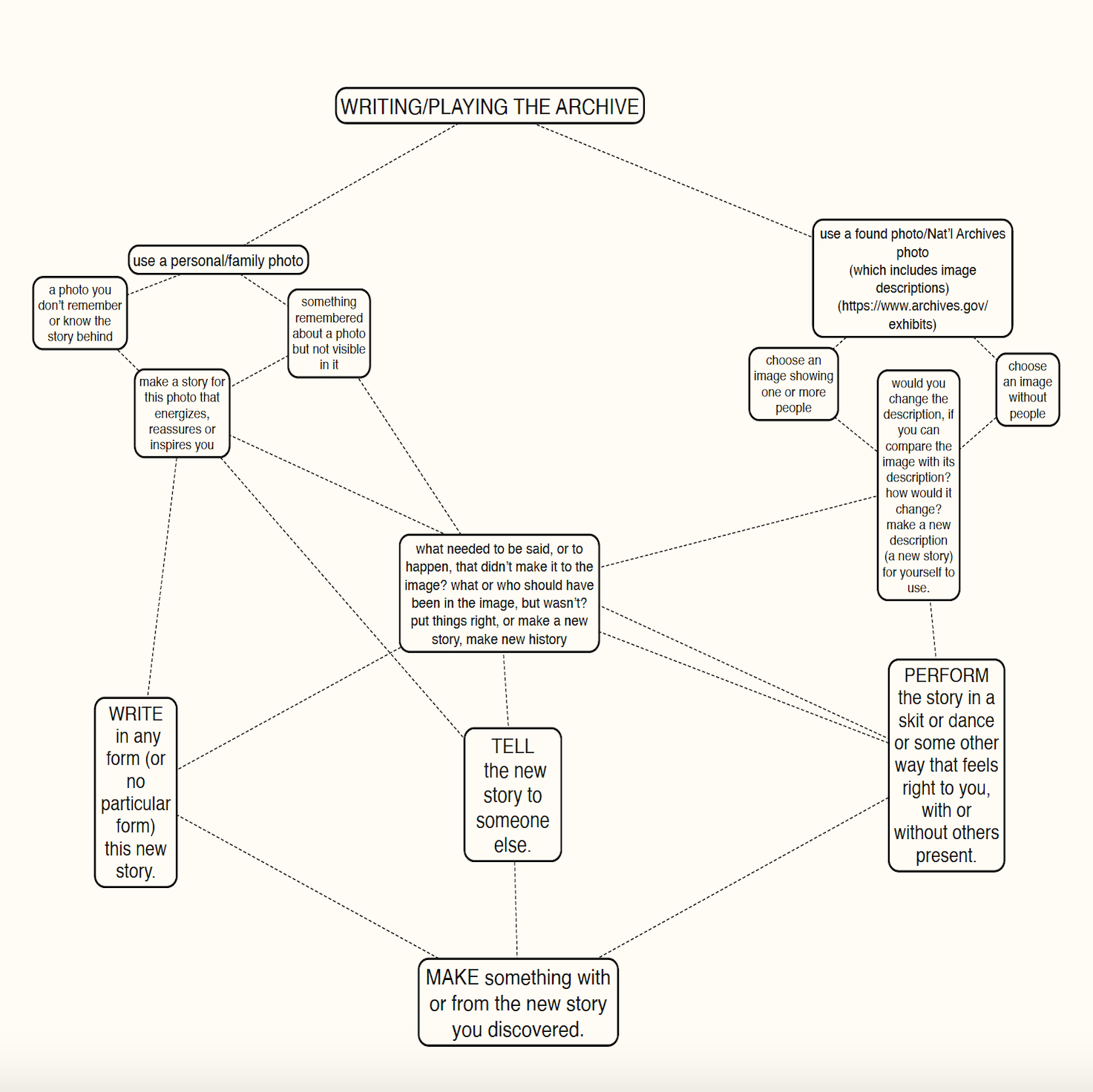
THE PROCESS
I've designed this prompt to be very loose, creating the above "concept map" to help illustrate some options you could try. You could use this process to meditate on race or gender, or any other topic that traverses the personal and political. To start, I suggest choosing either a personal/family photo or a found photo online where an image description has been offered. If you want to work with a found image, the National Archives is pretty consistent about providing image descriptions (or "alt-text"). Though you're working with photographic materials, keep in mind that this prompt is not so much sight-oriented as imagination-oriented.
If you prefer a more linear sequence of processes than the concept map, here's one possible set:
- Find an image with or without people in it.
- Study the image and/or its description. Who or what has been left out or needs to be made visible? What do you wish was in the picture, or its description? How can you include what's missing? Put things right, or make a new story—make new history. Expand, replace, cut out.
Now go further. How would you like to bring this narrative into the world? You could:
- Write it out, in any form you choose;
- Tell it to someone else;
- Perform it as a skit or dance or some other movement / vocalization / musical composition. (Hint: you can do this with only yourself as an audience, and/or record it to share that way);
You could also do something totally different. Instead of working with a personal or found image, for example, consider using an official photograph: everyone knows the picture on a driver's license looks nothing like the actual person—so who does it resemble? Or—what would a picture of your true self look like?
And you're not limited to using just images. You could begin or extend your exploration using any piece of documentation you choose. Official documents are a particularly oppressive tool of authoritarian power, especially around the control of Black, trans, immigrant, and refugee lives, among others. Consider working with and challenging the narratives of work visas; green card applications; rental agreements; school transcripts; police reports; birth, death, or marriage certificates; hospital, prison, or military discharge papers, etc. Imagination can be revolutionary when used to interrogate the everyday products of bureaucratic violence.
More from this series
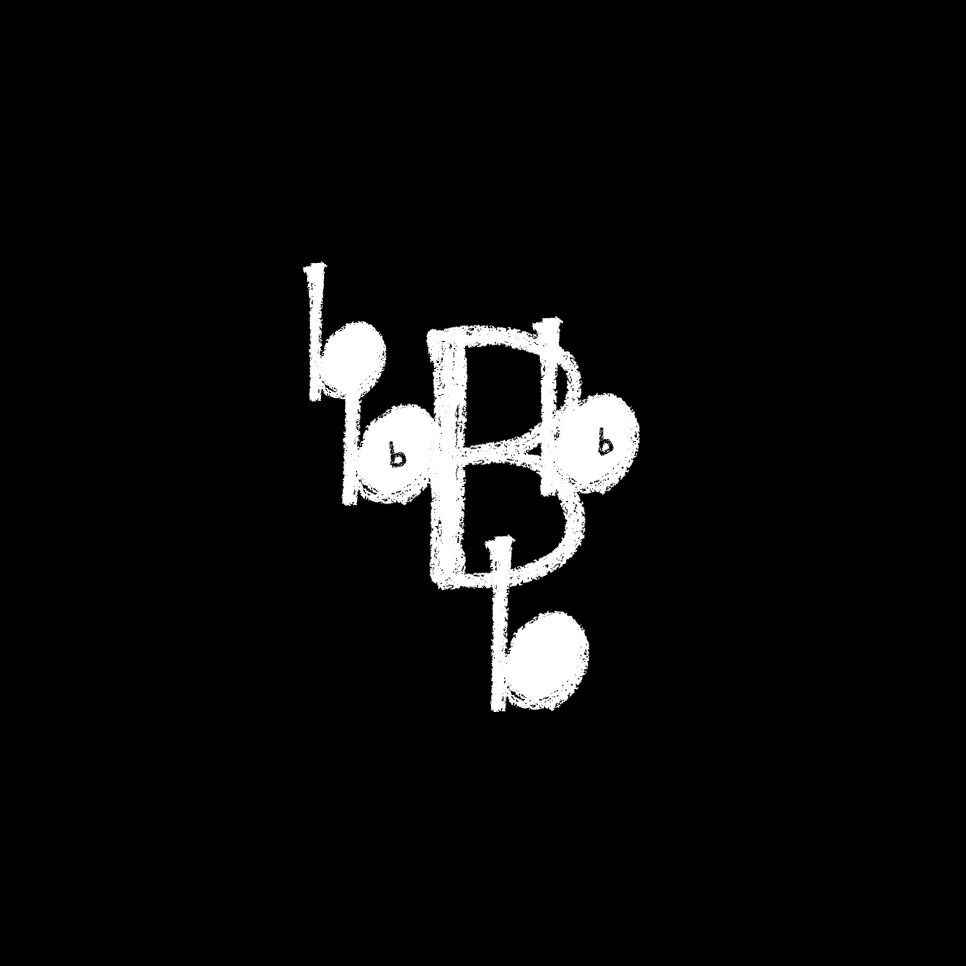
The Word was in the beginning but it is made of letters.Prompt #40—giovanni singleton

Write in NaturePrompt #39—Oogie Push
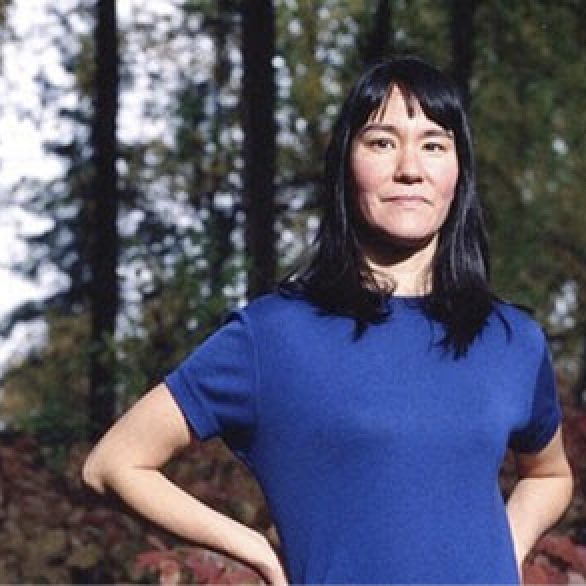
Real FoodPrompt #38—Joan Kane
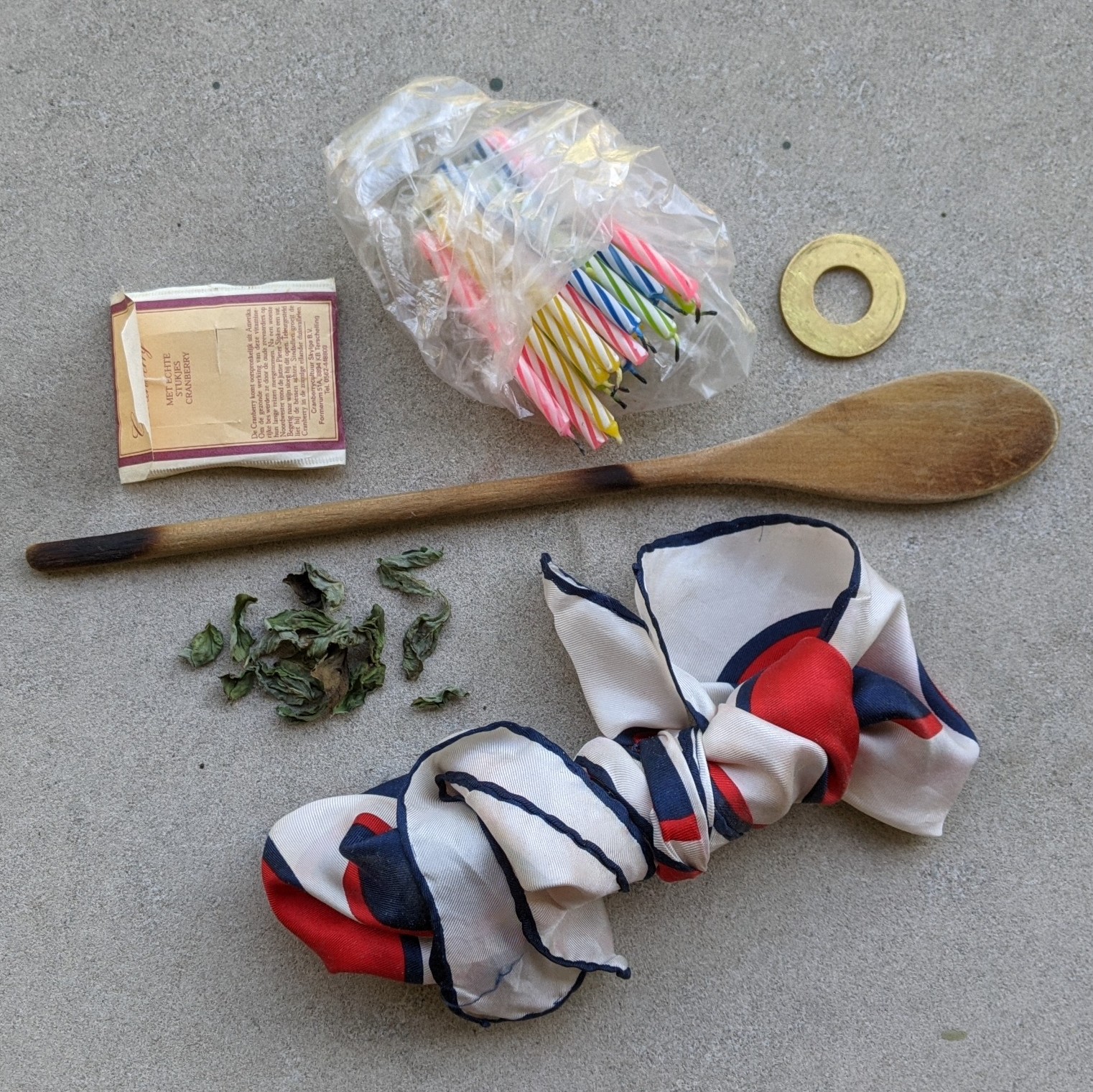
You Don't Need Proust to Smell GoodPrompt #37—Elizabeth Hoover
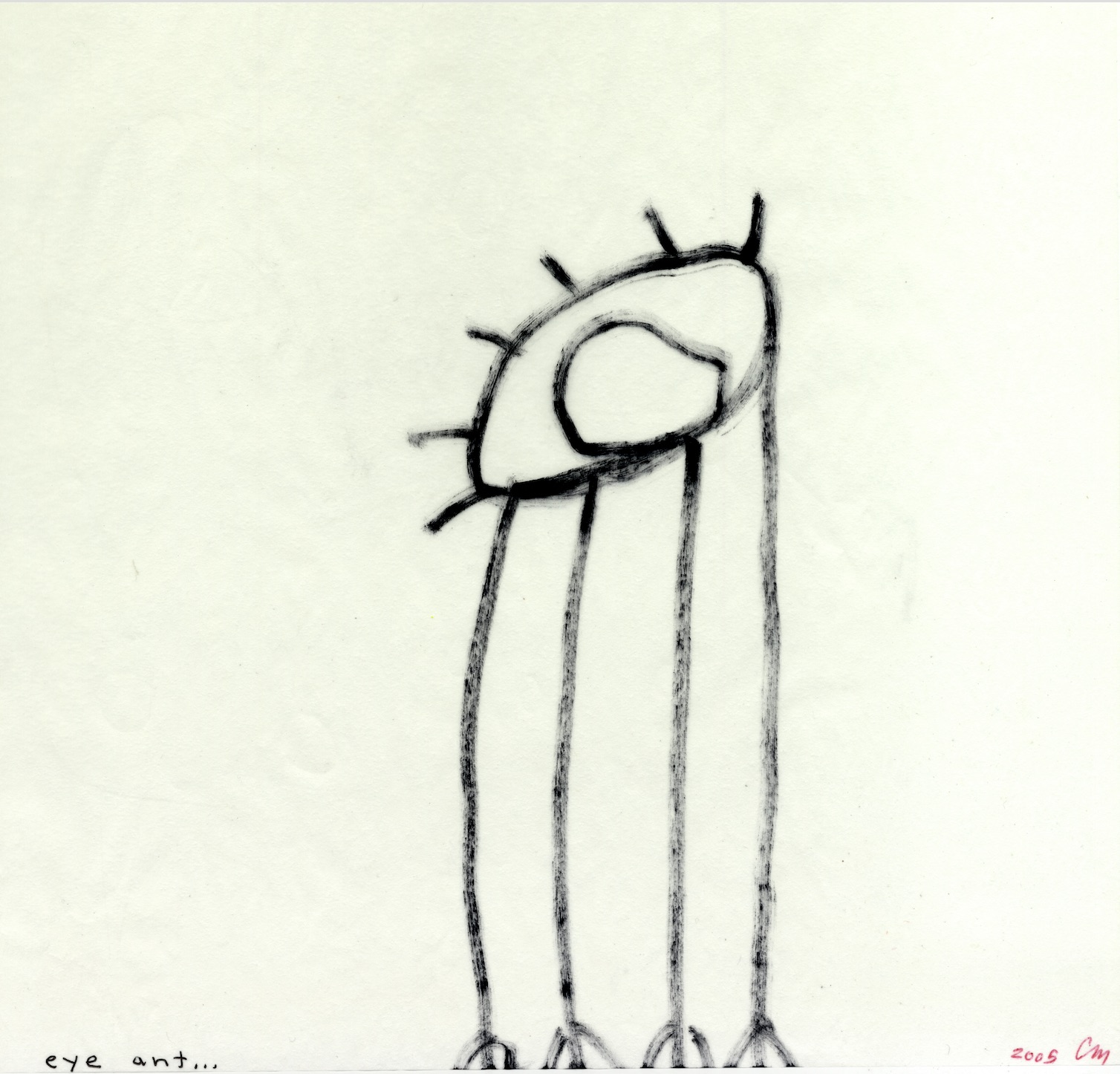
Find Your Own FormPrompt #36—Sawako Nakayasu

Tarot Recall: A Visionary Exercise for the PresentPrompt #35—Laurence Ross

Queers in Love at the End of the WorldPrompt #34—CJ Scruton
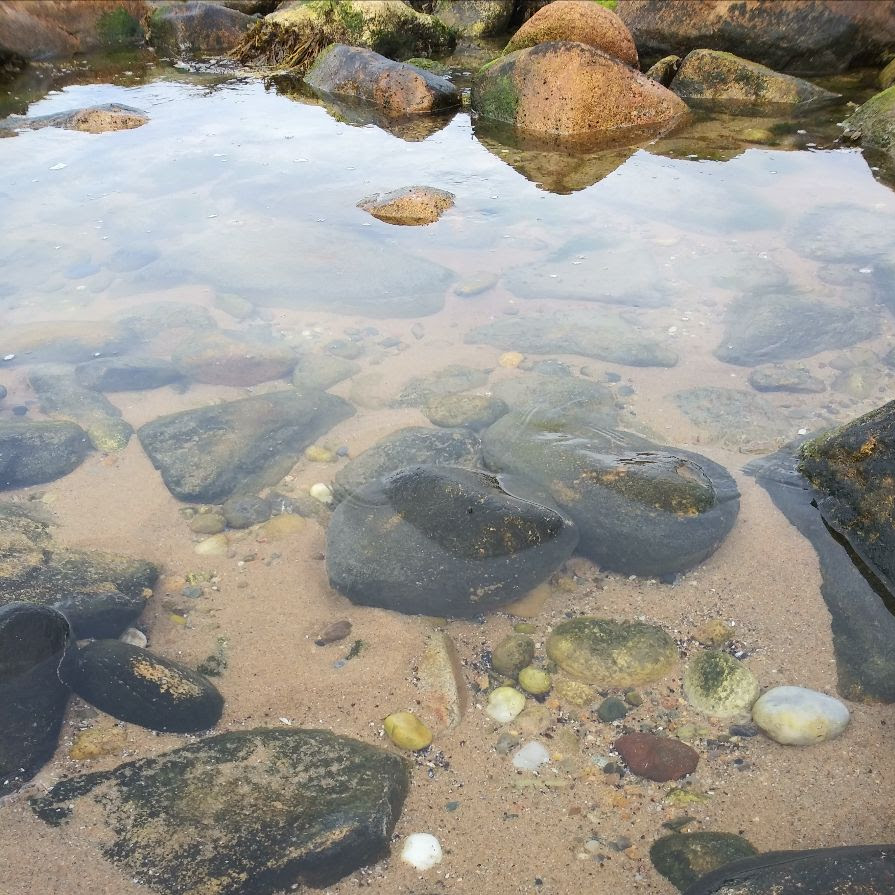
WORKBOOK FOR CHANGE: TWO PROMPTSPrompt #33—Kate Schapira
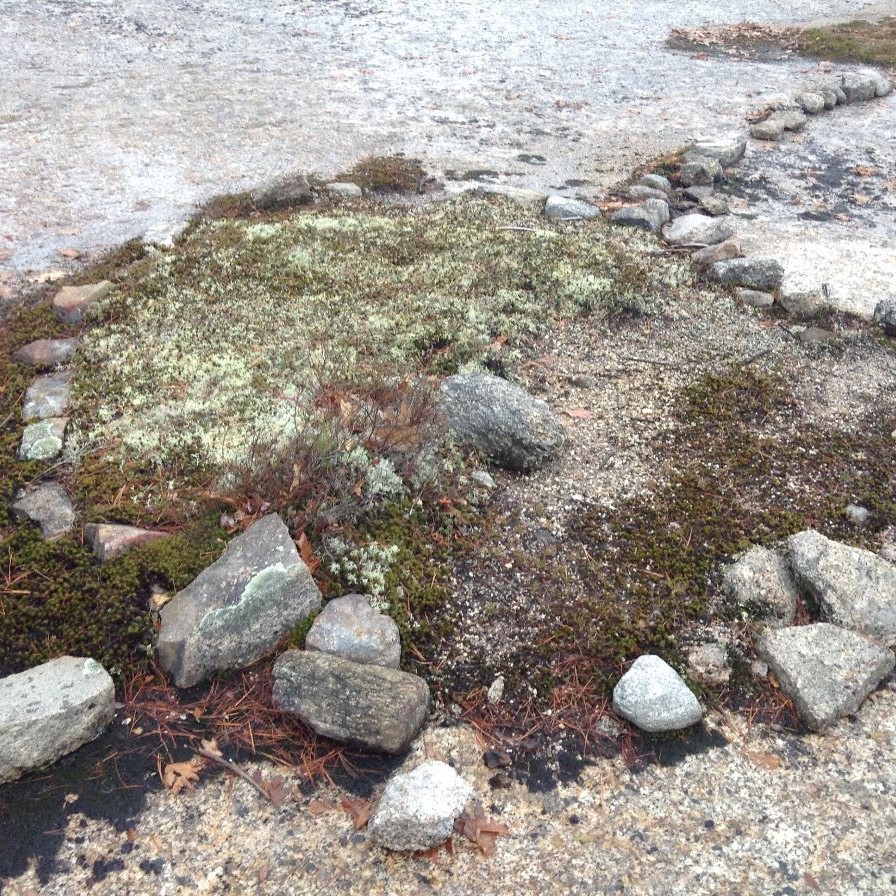
Preparation for the PromptPrompt #32—Lisa Fishman

Collage Your Own Writing PromptPrompt #31—Helen Hofling
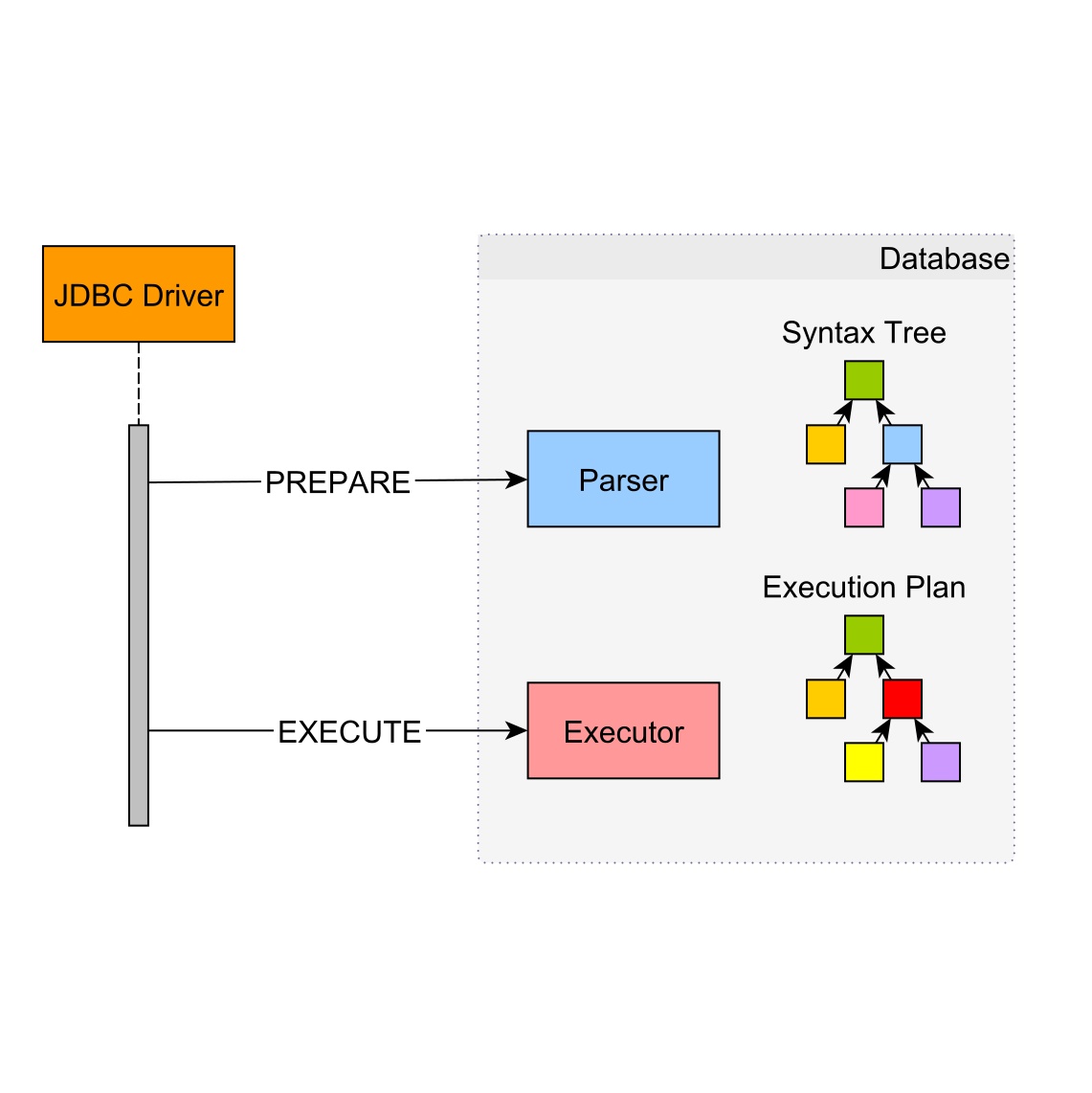
Prepared StatementPrompt #30—Mike Hauser
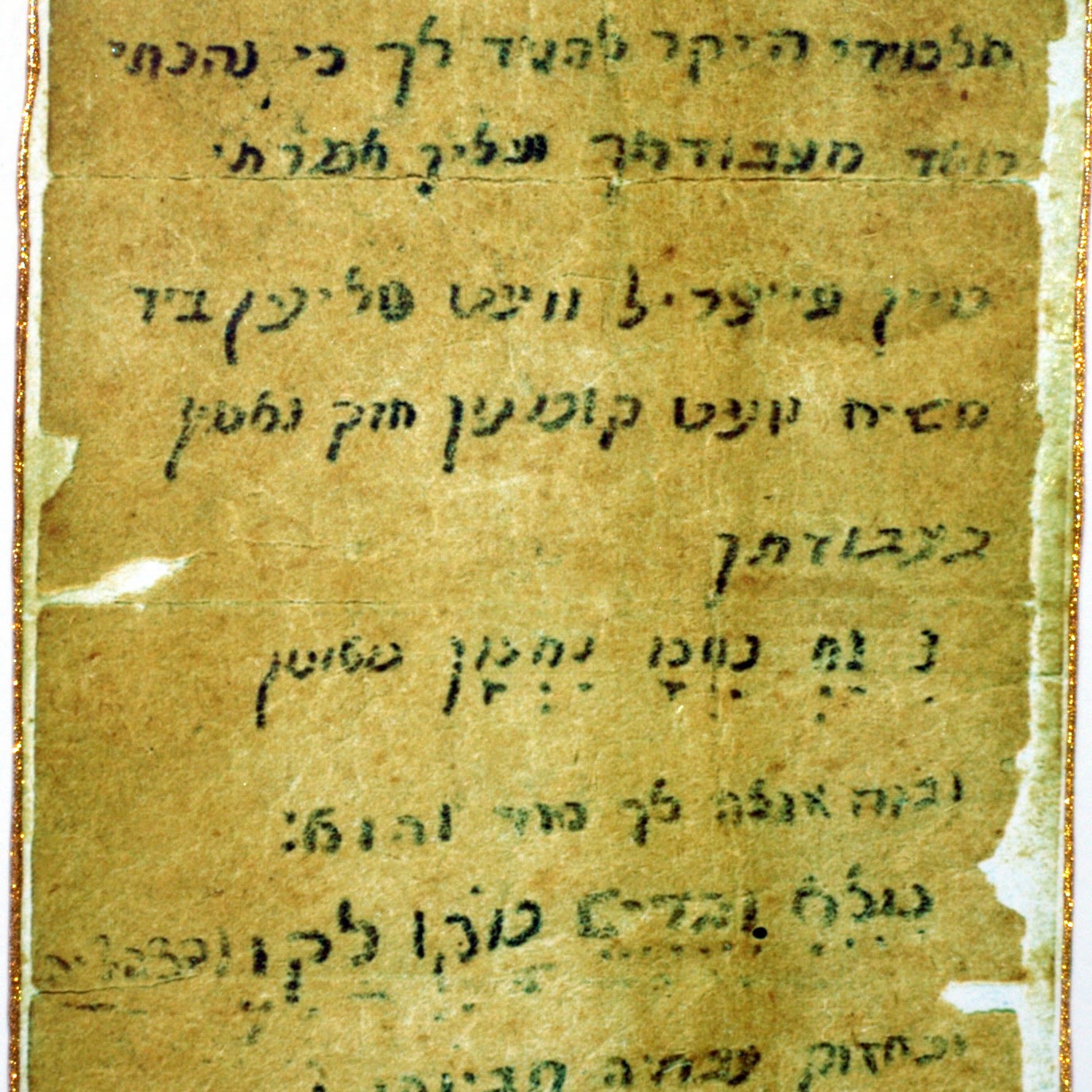
Repeat Repeat WritePrompt #29— Lewis Freedman
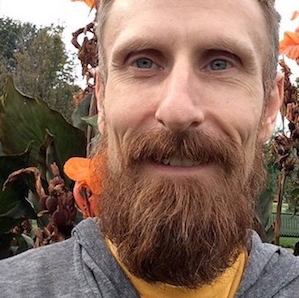
Poetic CorrespondencePrompt #28—Eric Baus

EKPHRASIS YOURSELFPrompt #27—Jennifer Nelson
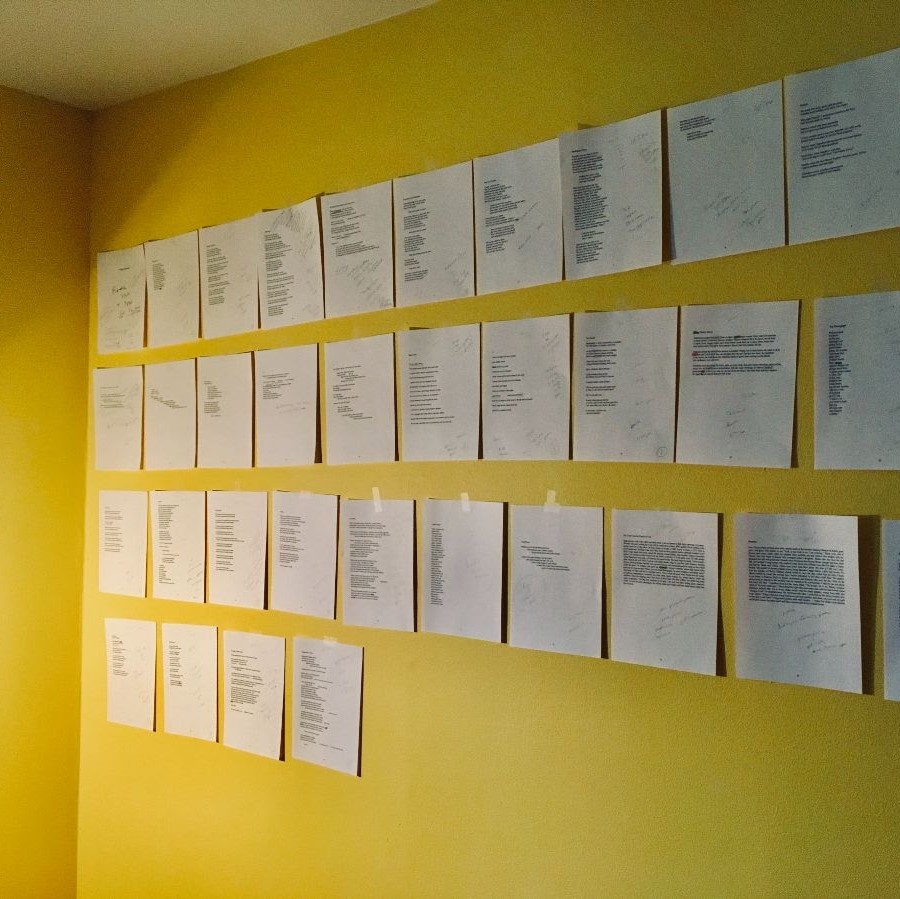
POETRY IS FOR THE PEOPLEPrompt #26—Angela Trudell Vasquez
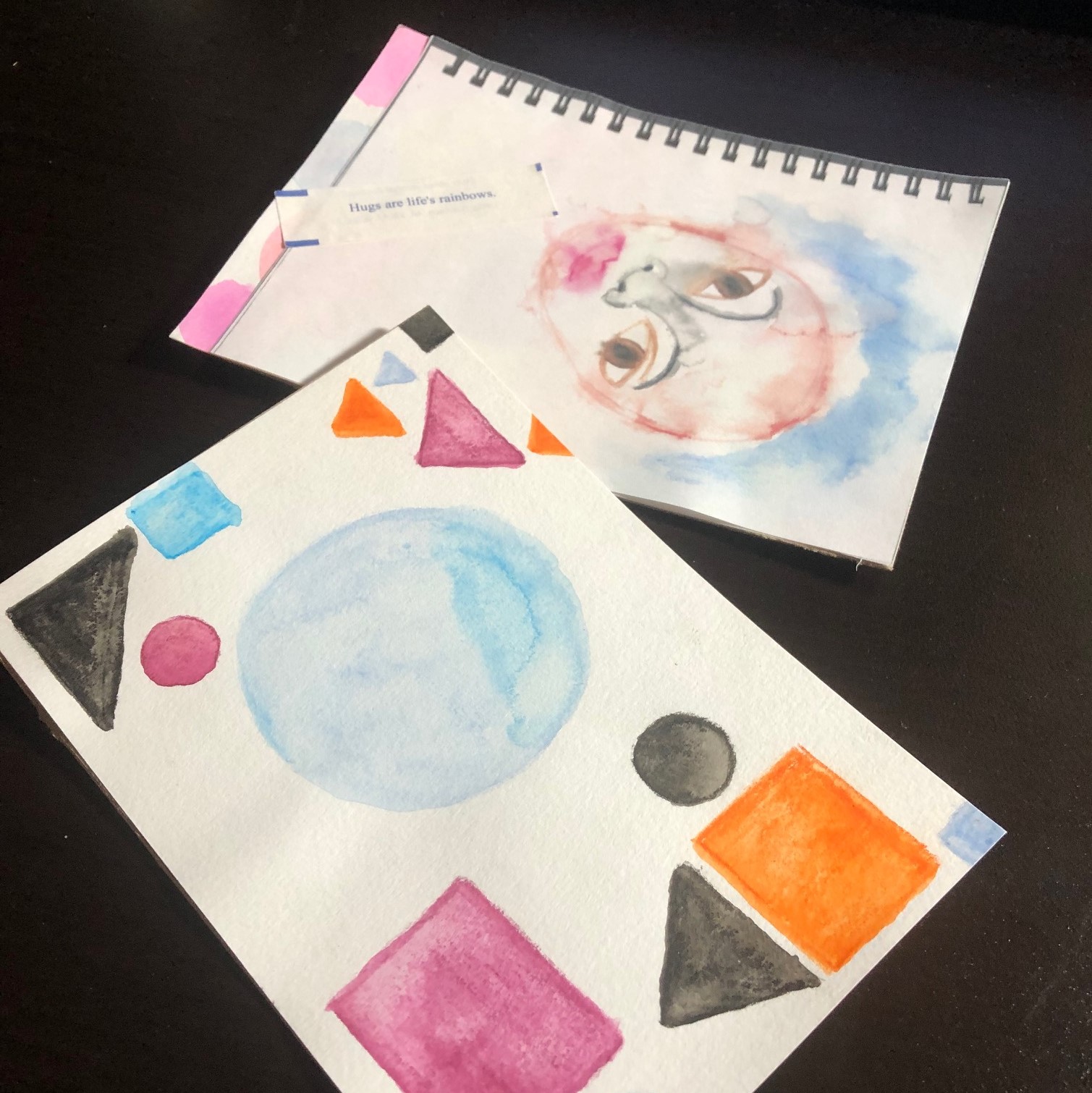
MAIL ARTPrompt #25—Siwar Masannat
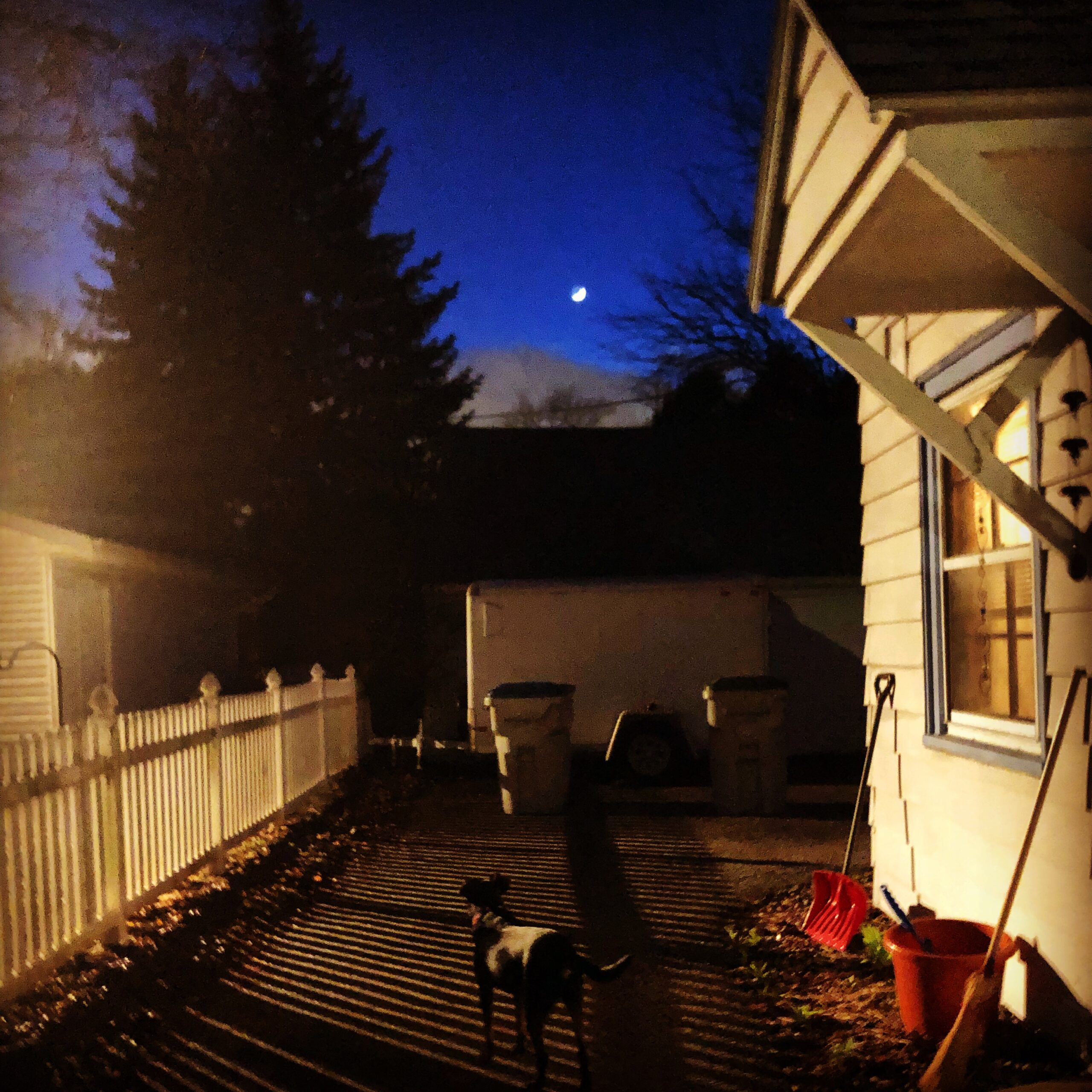
VISUAL POSTCARDSPrompt #24—Portia Cobb
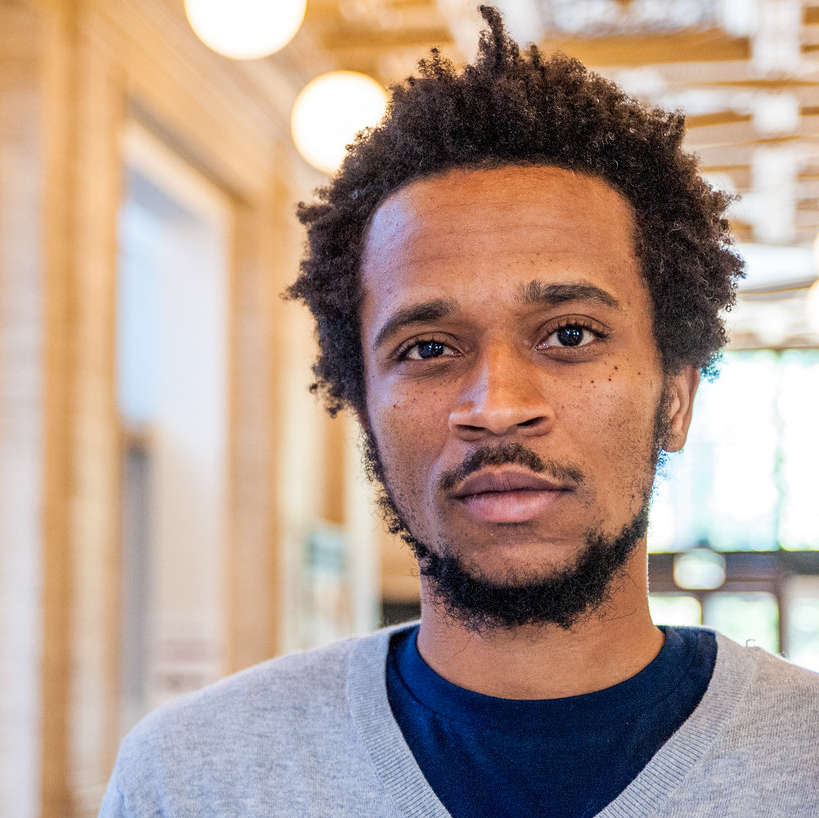
A [LONGER-TERM] DEEP LISTENING PROMPTPrompt #23—Jibade-Khalil Huffman

Humor as Medicine for the SoulPrompt #22—Mauricio Kilwein Guevara

Personification: A Social Justice PromptPrompt #21—Derrick Harriell

Ponge ExercisePrompt #20—Tyrone Williams
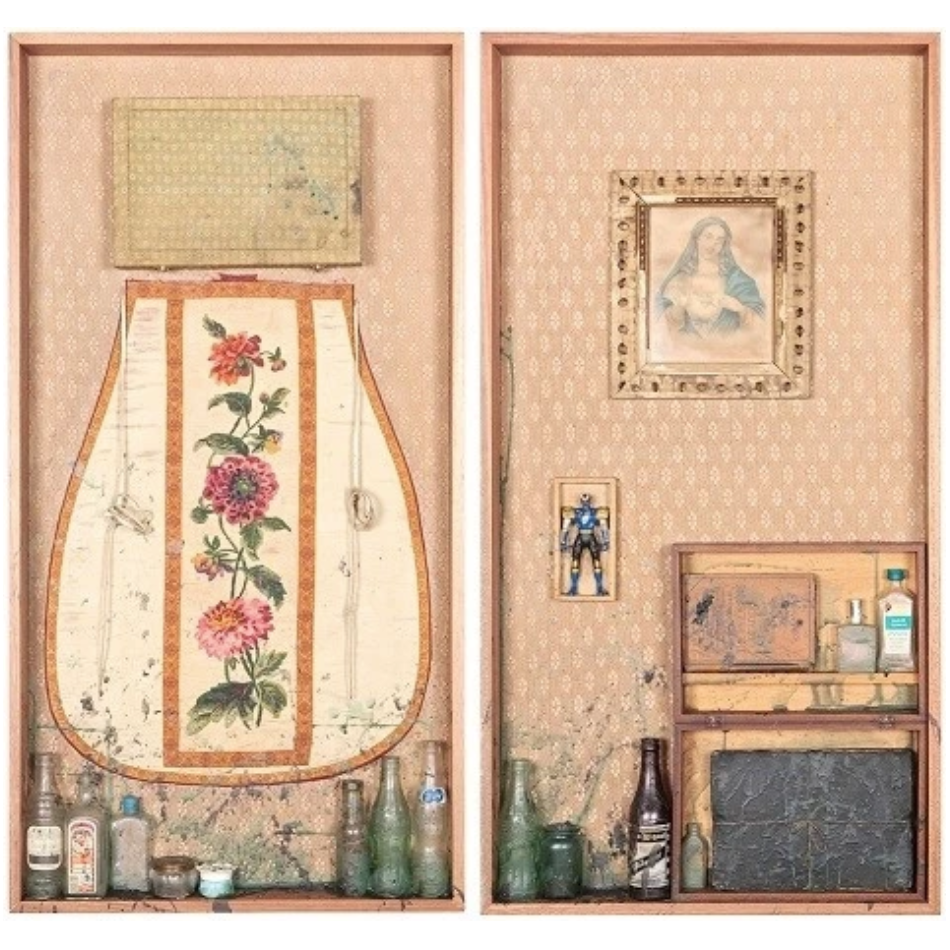
Occult DocupoesisPrompt #19—Kimberly Alidio
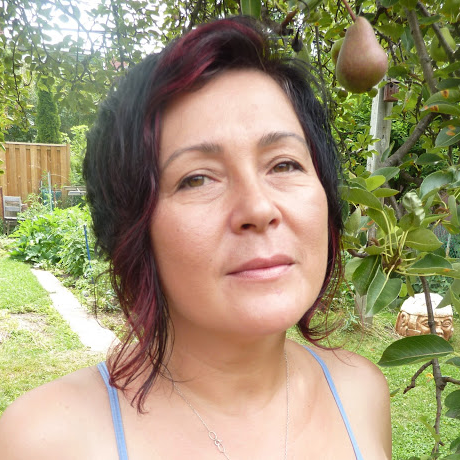
Junk Drawer SongPrompt #18—Hoa Nguyen

TALK TO THE POETSPrompt #17—Stacy Szymaszek
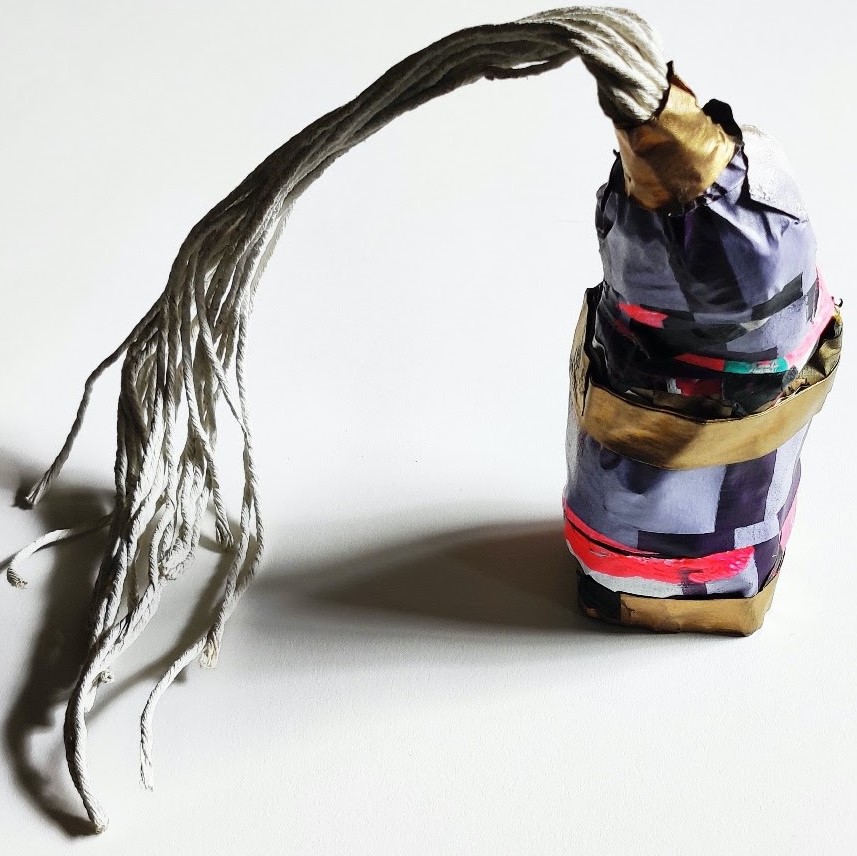
Make-Do Origin Stories & Concrete FuturesPrompt #16—Ching-In Chen
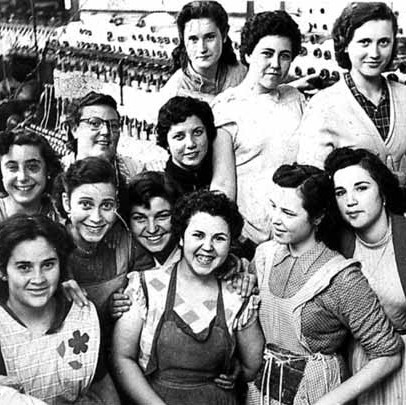
The Family PhotographPrompt #15—Rosa Alcalá
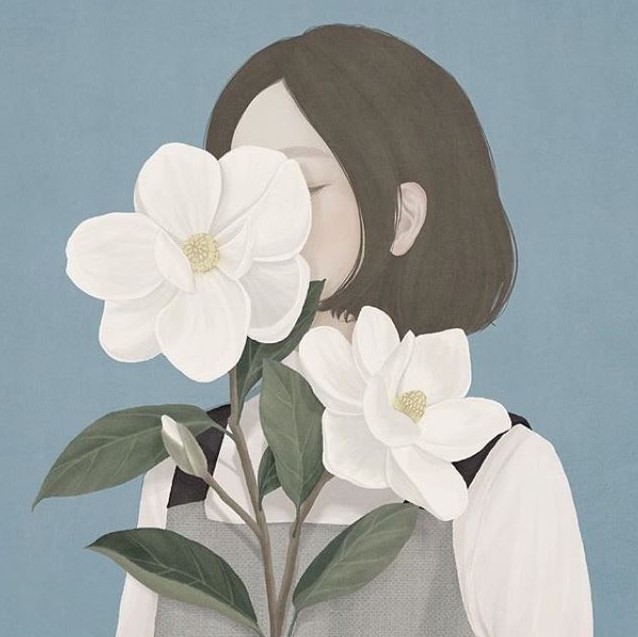
Writing Advice for Your Younger SelfPrompt #14—E.J. Koh
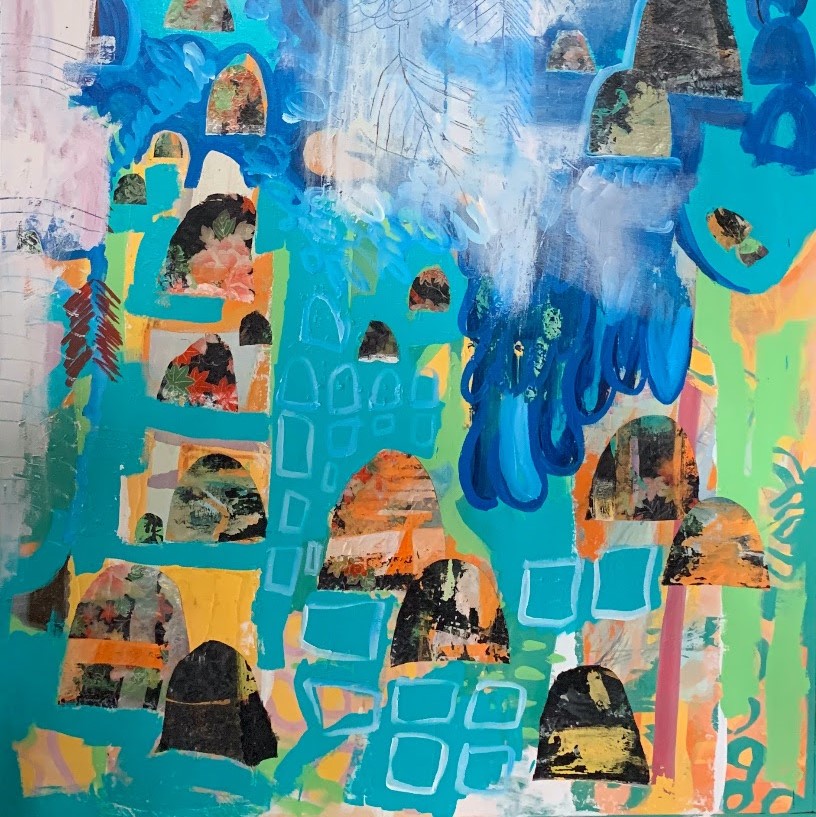
Note(s) to SelfPrompt #13—Stacy Blint
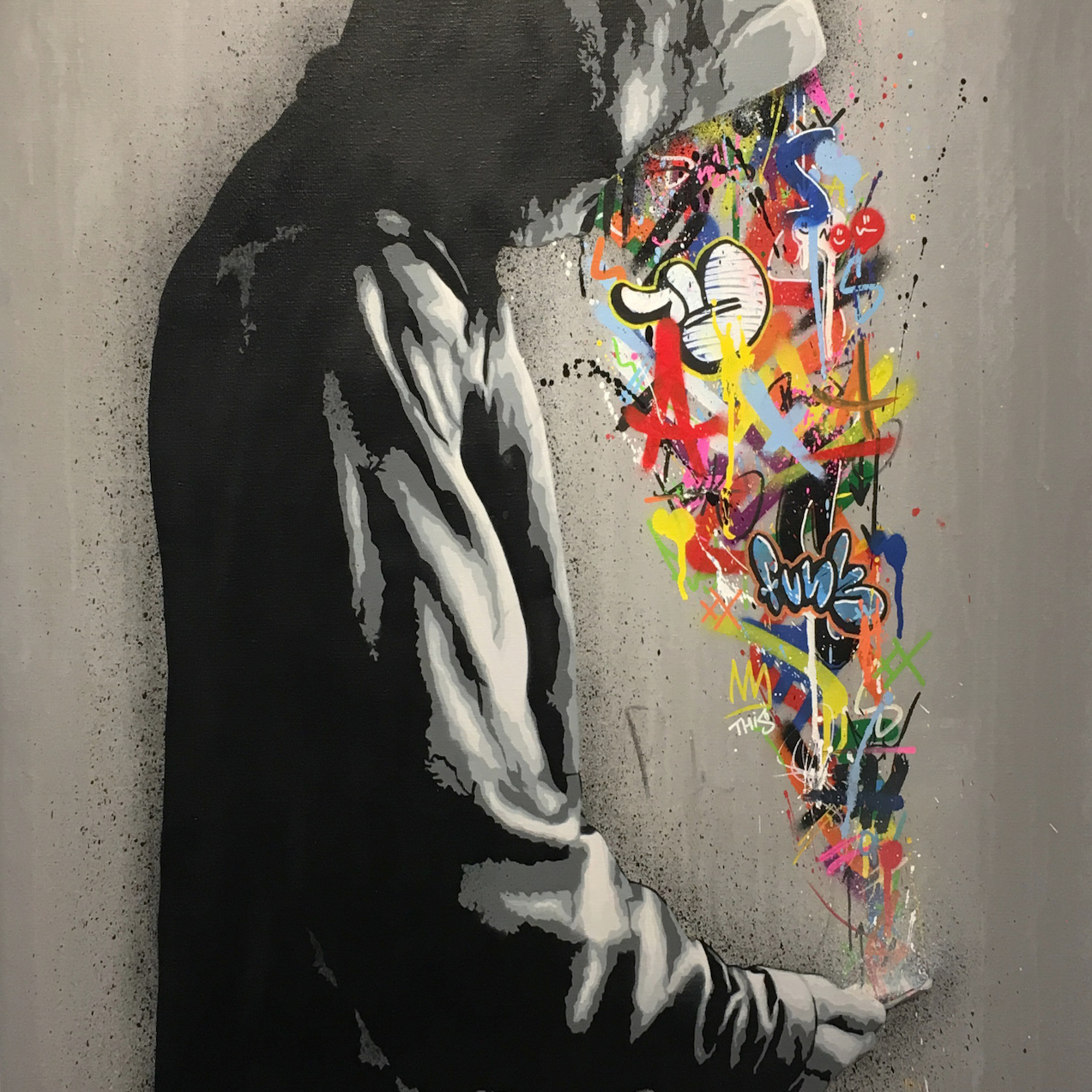
Embracing ConfusionPrompt #12—Bryon Cherry

Writing/Playing the ArchivePrompt #11—Jay Besemer

CAPTURED & FREEDPrompt #10—Dasha Kelly Hamilton
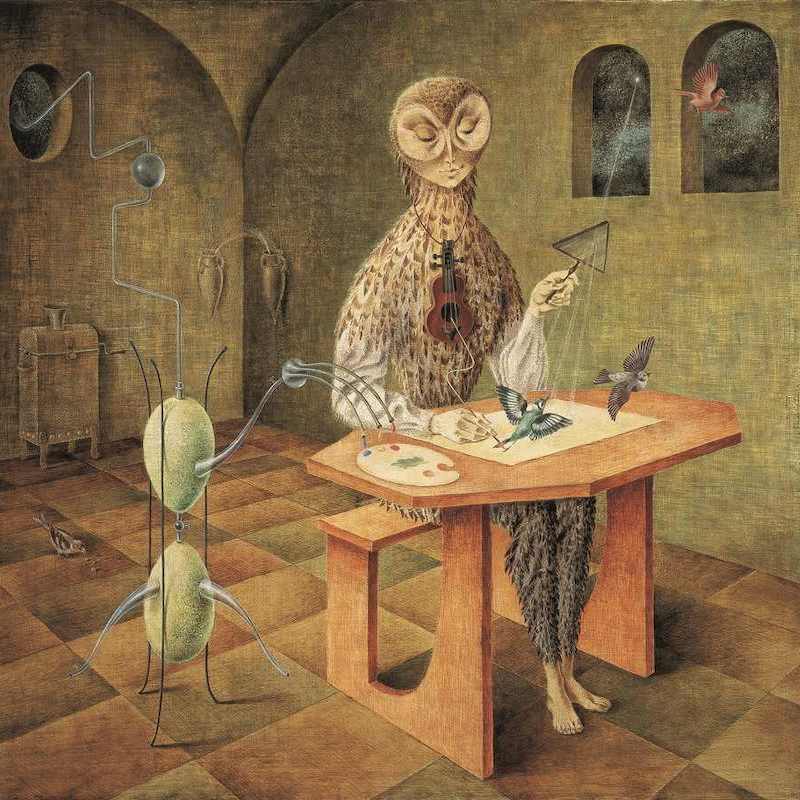
Poetic Exit StrategiesPrompt #9—Ana Božičević
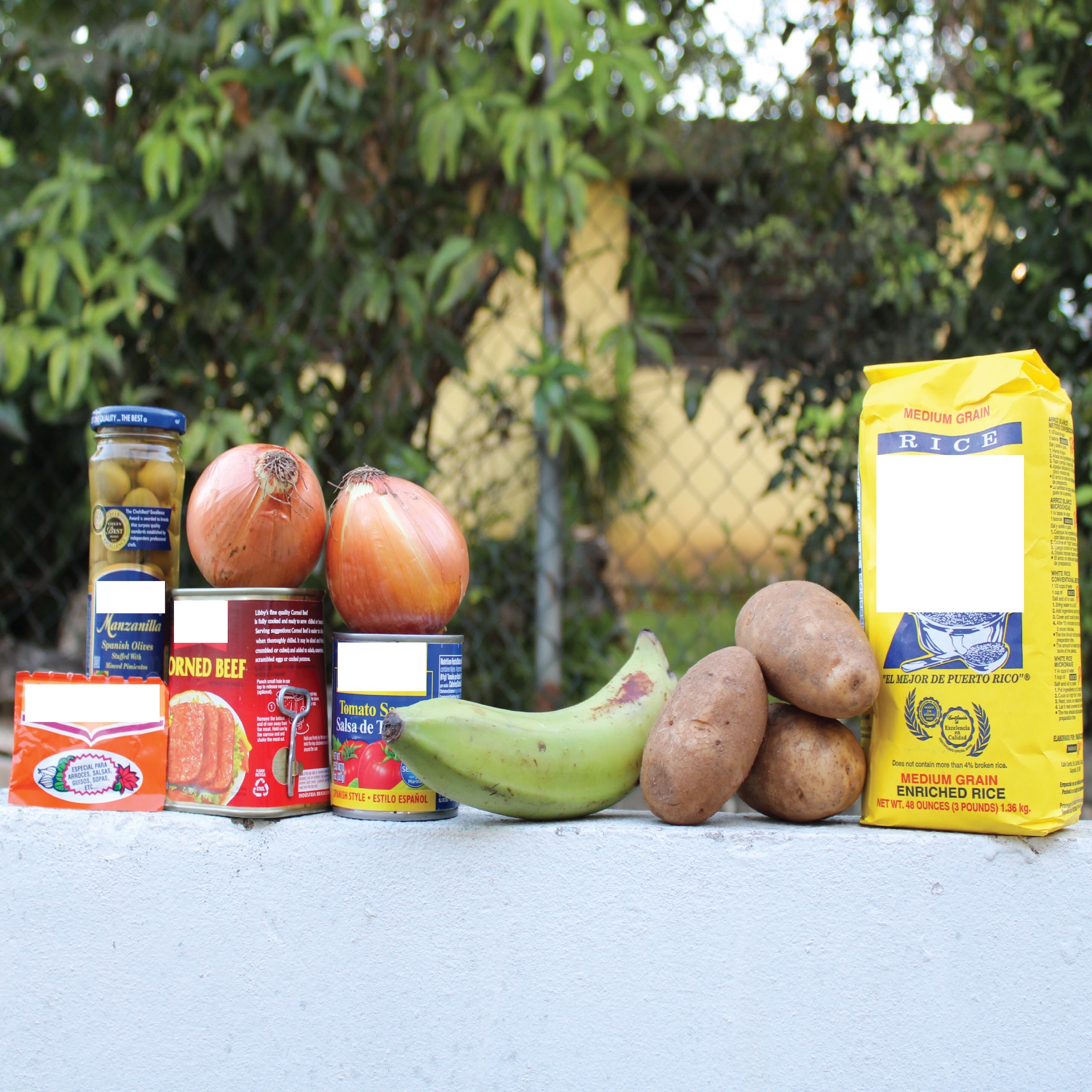
Proyecto ConbífPrompt #8—Erick "CK" Ledesma
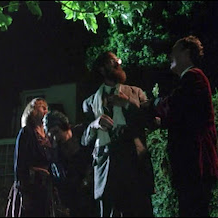
TRILOGYPrompt #6—CA Conrad

Utopian CompromisePrompt #7—Paul Druecke
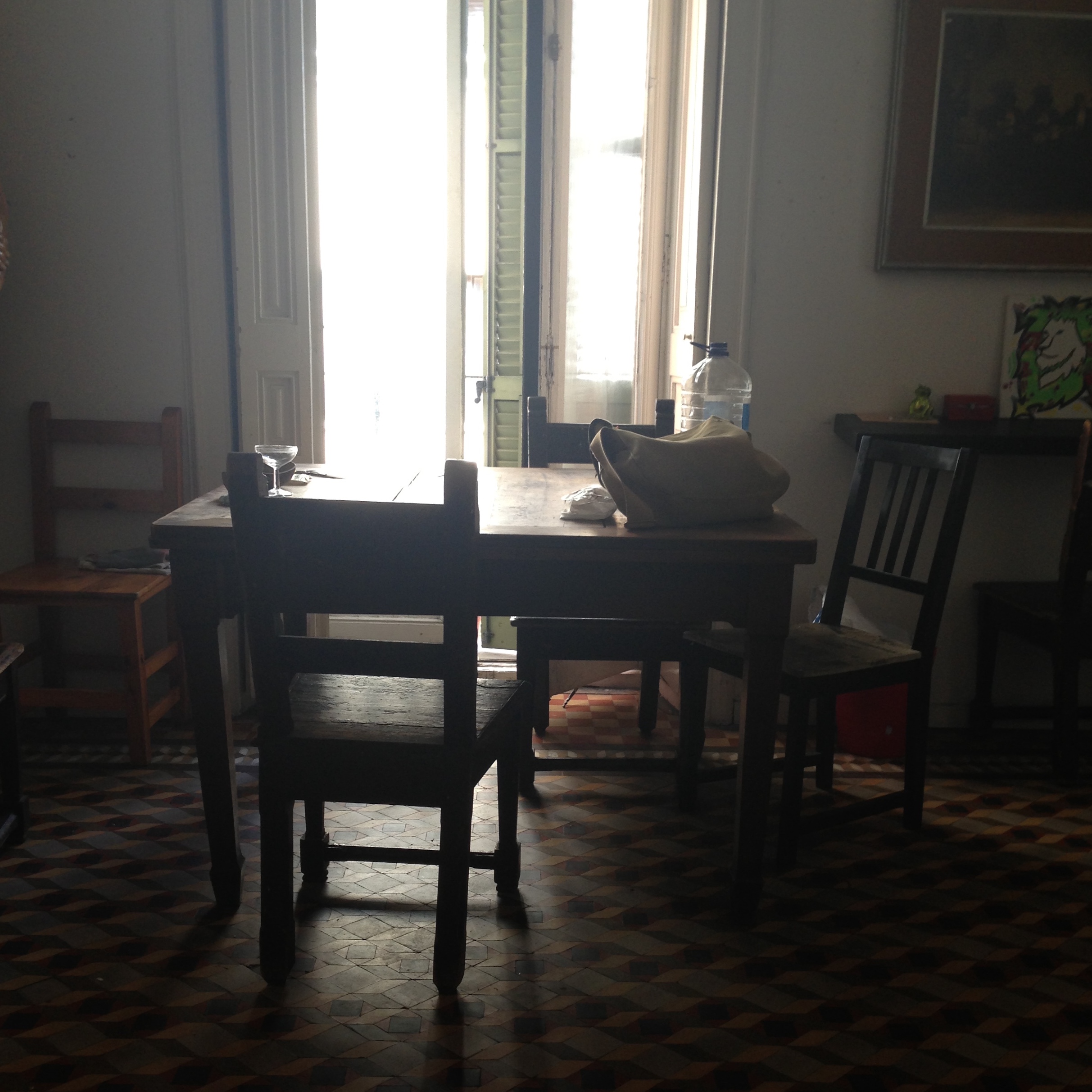
A Series of RoomsPrompt #5—Laura Solomon
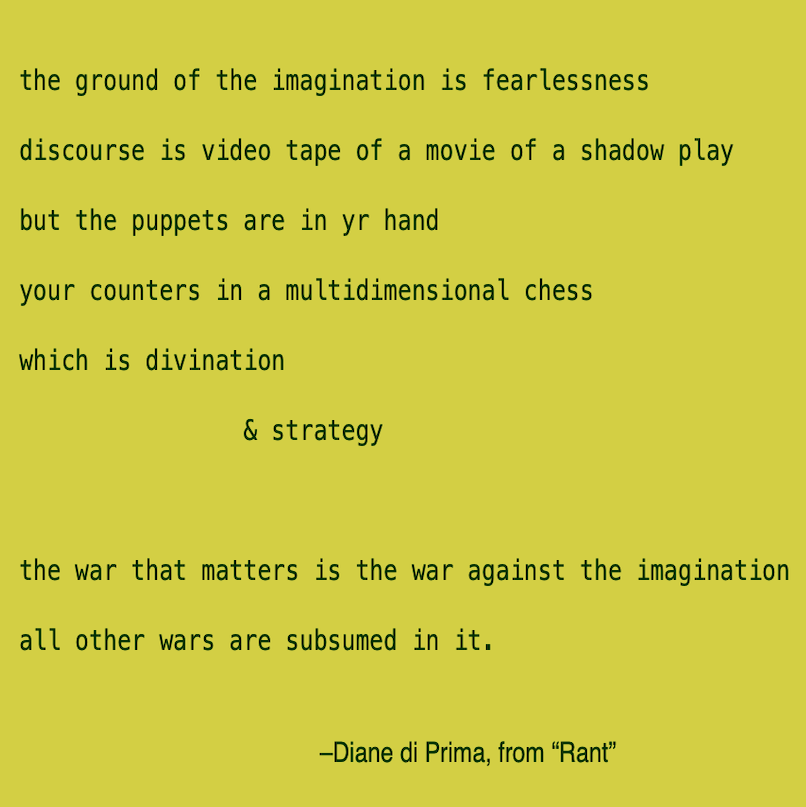
Two Variations on N+7Prompt #4—Jenny Gropp
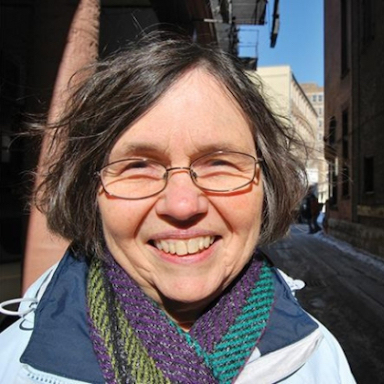
T H E A P A R T / TOGETHERPOEMPrompt #3—Margaret Rozga
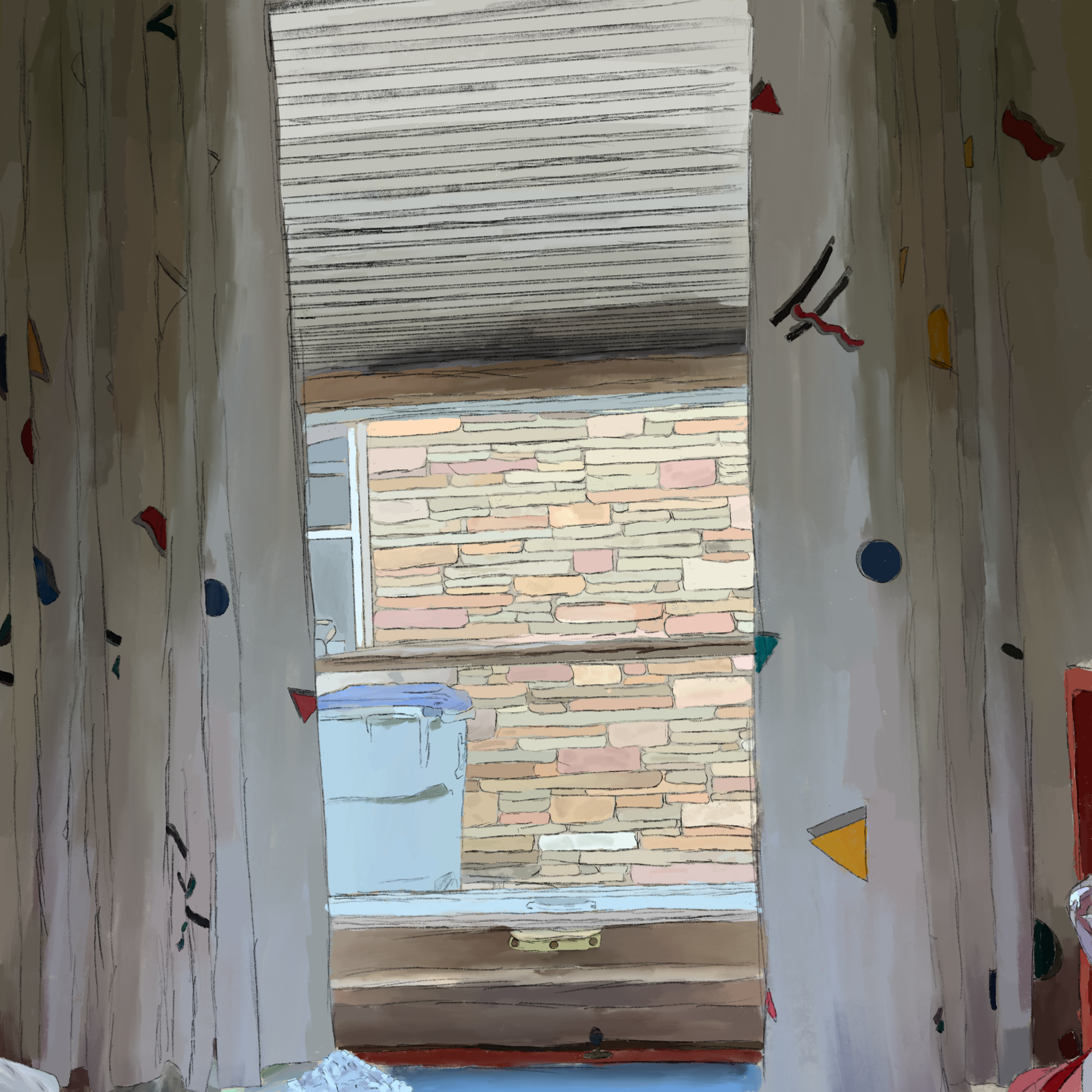
An Exercise in WindowsPrompt #2—Marla Sanvick
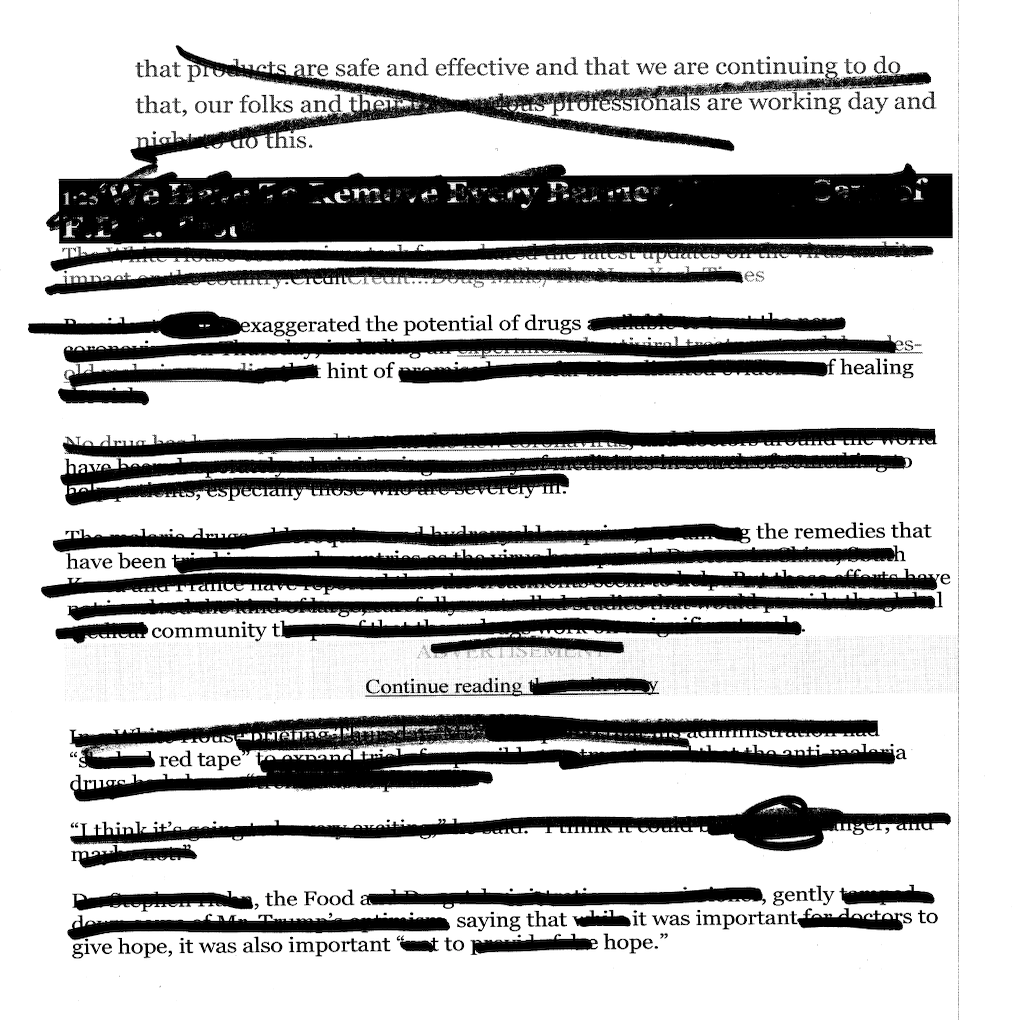
Erasuring AnxietyPrompt #1—Peter Burzynski
We acknowledge that in Milwaukee we live and work on traditional Potawatomi, Ho-Chunk, and Menominee homelands along the southwest shores of Michigami, part of North America’s largest system of freshwater lakes, where the Milwaukee, Menominee, and Kinnickinnic rivers meet and the people of Wisconsin’s sovereign Anishinaabe, Ho-Chunk, Menominee, Oneida, and Mohican nations remain present.
We further acknowledge the grave evil colonialism introduced to these lands through genocide as well as slavery, and also via racist and xenophobic beliefs, laws, and practices that continue to inflict harm upon Black, brown, and Indigenous lives. We honor those who have lived—and do live, now—at these intersections of identity and experience, and are committed to the active dismantling of white supremacy.
720 E. Locust Street
Milwaukee, WI 53212
Phone: 414 263 5001
Hours: Tues–Sun | 12-7 pm
Closed Mon
Building Accessibility: Despite the age of our physical location, and attendant limitations to access, Woodland Pattern is committed to making its programs and facilities available for as many as possible. Please call for more information.
Events Accessibility: Woodland Pattern is able to offer captioning services for its online events and with advanced notice can provide ASL interpretation for live events. Please contact us with accommodation requests and questions.
© Woodland Pattern 2025
